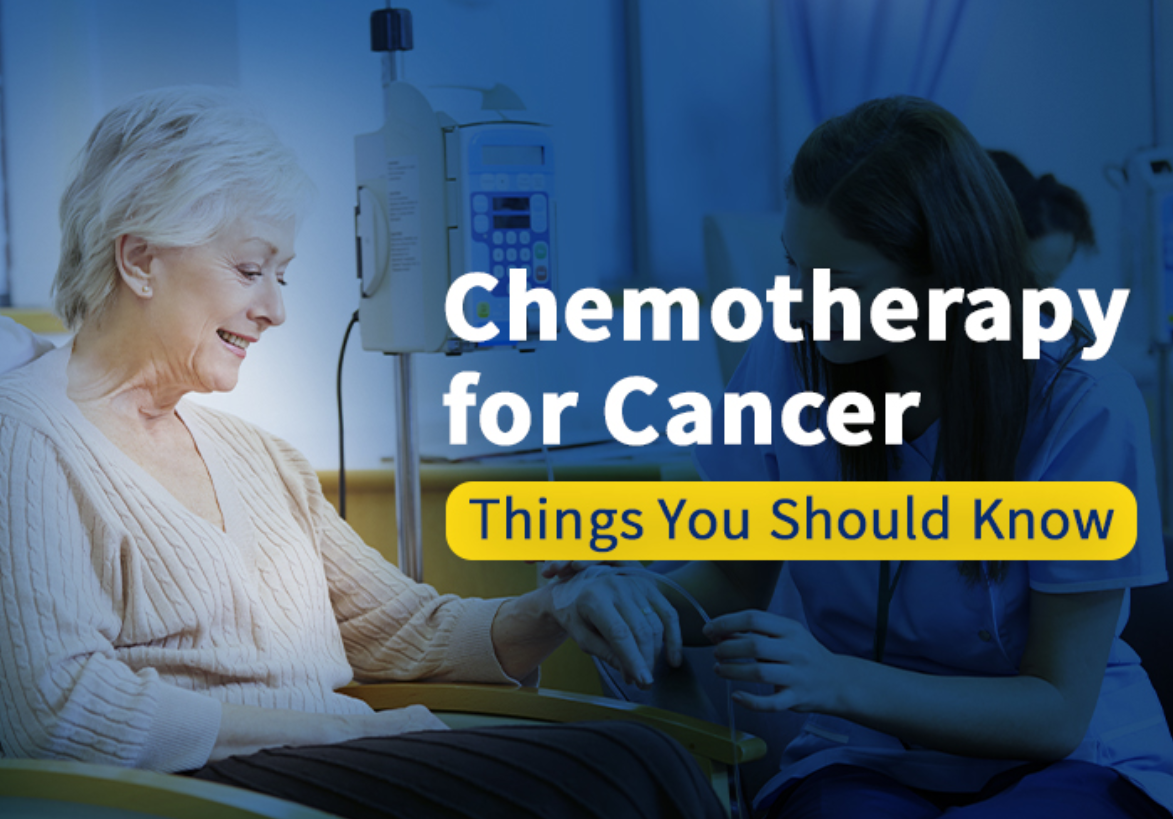
Chemotherapy: A Powerful Tool in Cancer Treatment
Cancer, a disease that affects millions worldwide, is a complex condition characterized by the uncontrolled growth of abnormal cells. While various treatment modalities exist, chemotherapy remains a cornerstone in the fight against cancer.
What is Chemotherapy?
Chemotherapy is a systemic treatment that uses powerful drugs to kill cancer cells throughout the body. These drugs, administered intravenously or orally, target rapidly dividing cells, including cancer cells. While chemotherapy is effective in treating many types of cancer, it’s important to understand how it works and its potential side effects.
How Does Chemotherapy Work?
Chemotherapy drugs interfere with the cancer cells’ ability to grow and divide. They can:
- Damage DNA: Preventing cancer cells from replicating.
- Disrupt cell division: Halting the cancer cells’ growth cycle.
- Interfere with protein production: Inhibiting the cancer cells’ ability to function.
Side Effects of Chemotherapy :
While chemotherapy is a powerful tool, it can cause side effects due to its impact on healthy cells. Common side effects include:
- Hair loss: Chemotherapy can affect hair follicles, leading to hair loss.
- Fatigue: Chemotherapy can cause tiredness and weakness.
- Nausea and vomiting: These are common side effects that can be managed with medication.
- Mouth sores: Chemotherapy can damage the cells lining the mouth, leading to painful sores.
- Bone marrow suppression: This can lead to a decreased production of blood cells, increasing the risk of infection and bleeding.
However, advancements in chemotherapy have led to the development of drugs with fewer side effects and targeted therapies that minimize damage to healthy tissues.
The Role of Chemotherapy in Cancer Treatment :
Chemotherapy plays a crucial role in various stages of cancer treatment:
- Primary treatment: Chemotherapy can be used as the primary treatment for certain types of cancer, such as leukemia and lymphoma.
- Adjuvant therapy: Chemotherapy can be used after surgery or radiation therapy to eliminate any remaining cancer cells.
- Neoadjuvant therapy: Chemotherapy can be used before surgery or radiation therapy to shrink tumors and improve the chances of successful treatment.
- Palliative therapy: Chemotherapy can be used to relieve symptoms and improve quality of life in patients with advanced cancer.
Advancements in Chemotherapy :
Ongoing research is continually pushing the boundaries of chemotherapy. Some of the exciting advancements include:
- Targeted therapies: These drugs target specific molecules involved in cancer cell growth and survival, minimizing side effects.
- Immunotherapy: This treatment harnesses the body’s immune system to fight cancer cells.
- Combination therapies: Combining different chemotherapy drugs or combining chemotherapy with other treatments can improve outcomes.
If you or someone you know is facing cancer, it’s essential to consult with a qualified oncologist to discuss the most appropriate treatment options. Early diagnosis and prompt treatment can significantly improve outcomes. Remember, you’re not alone in this fight. Seek support from loved ones, healthcare professionals, and support groups to navigate this journey.
Disclaimer: This blog post is for informational purposes only and should not be considered medical advice. Always consult with a healthcare professional for any health concerns or before making any decisions related to your health or treatment.
